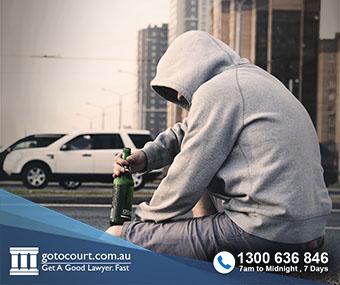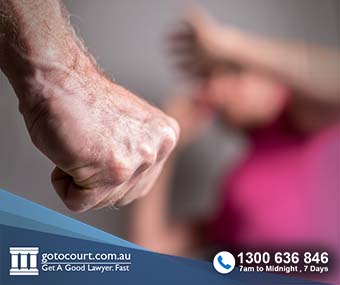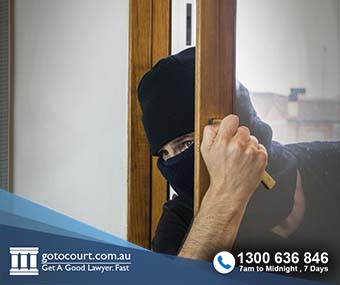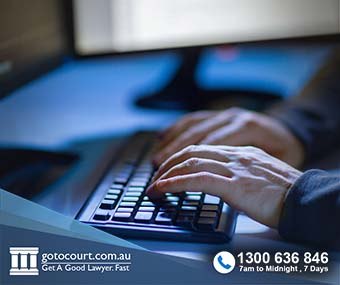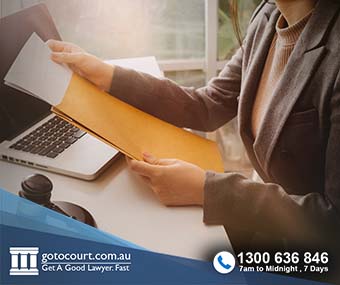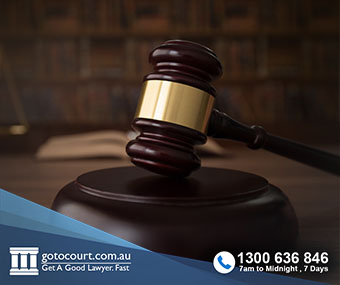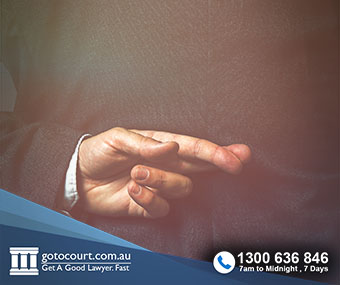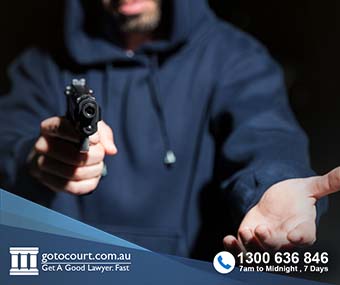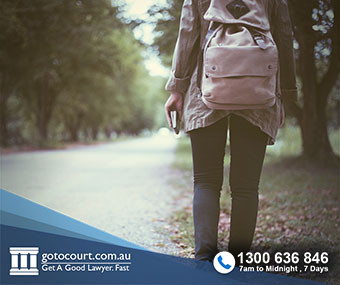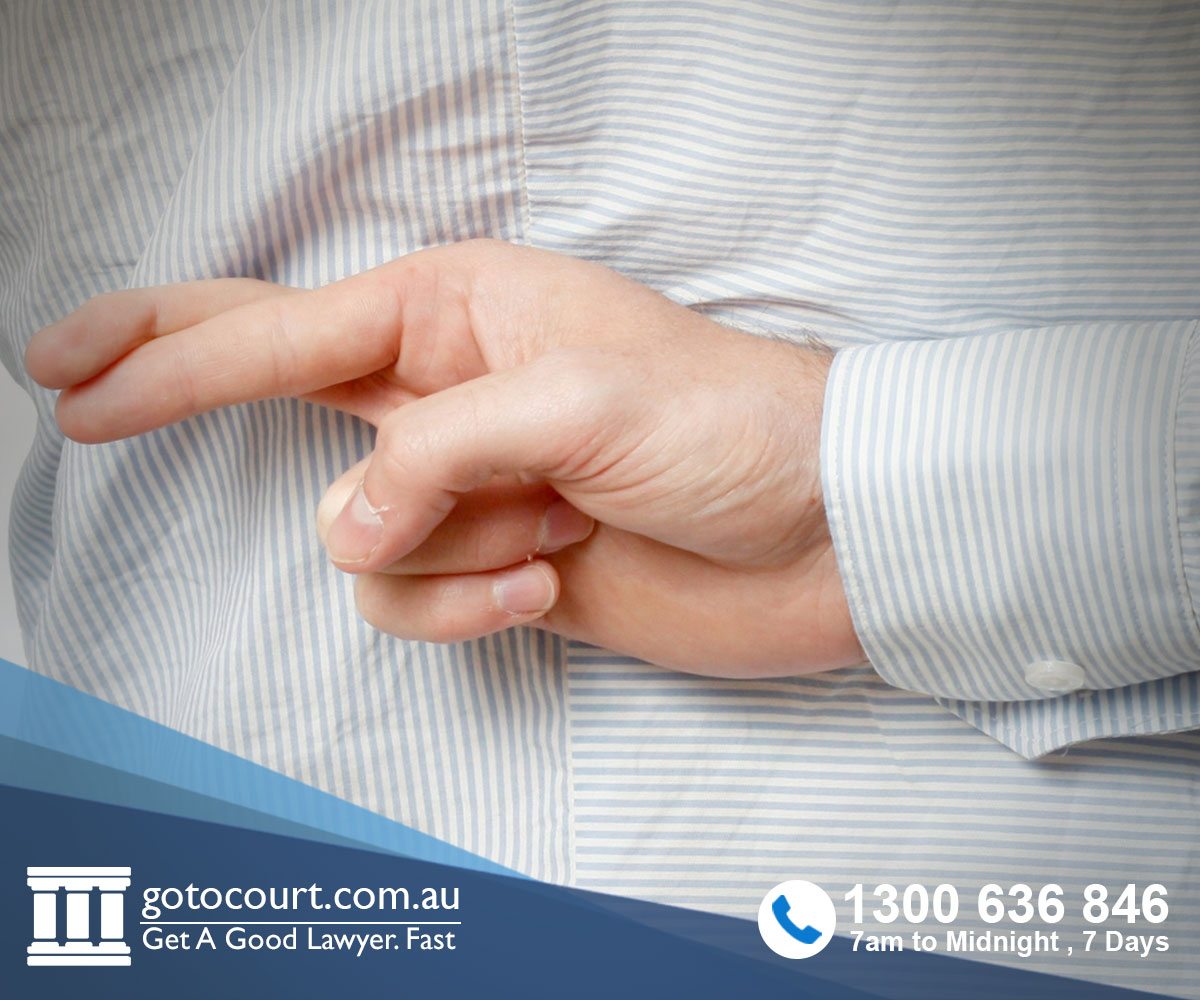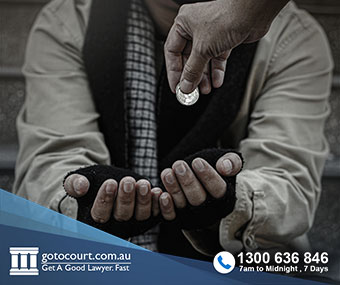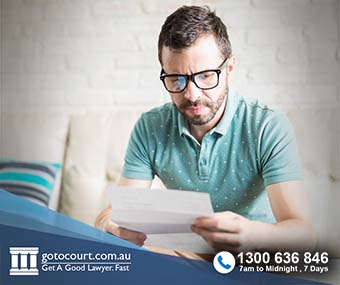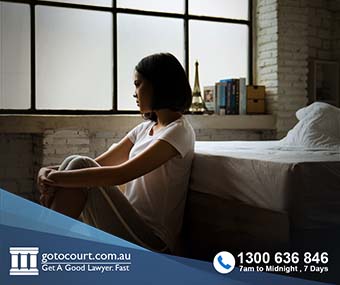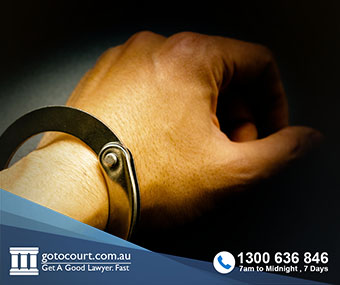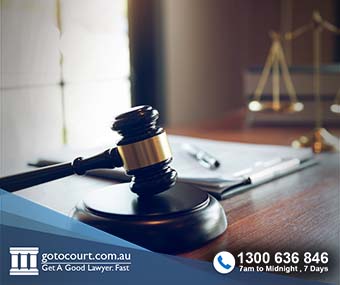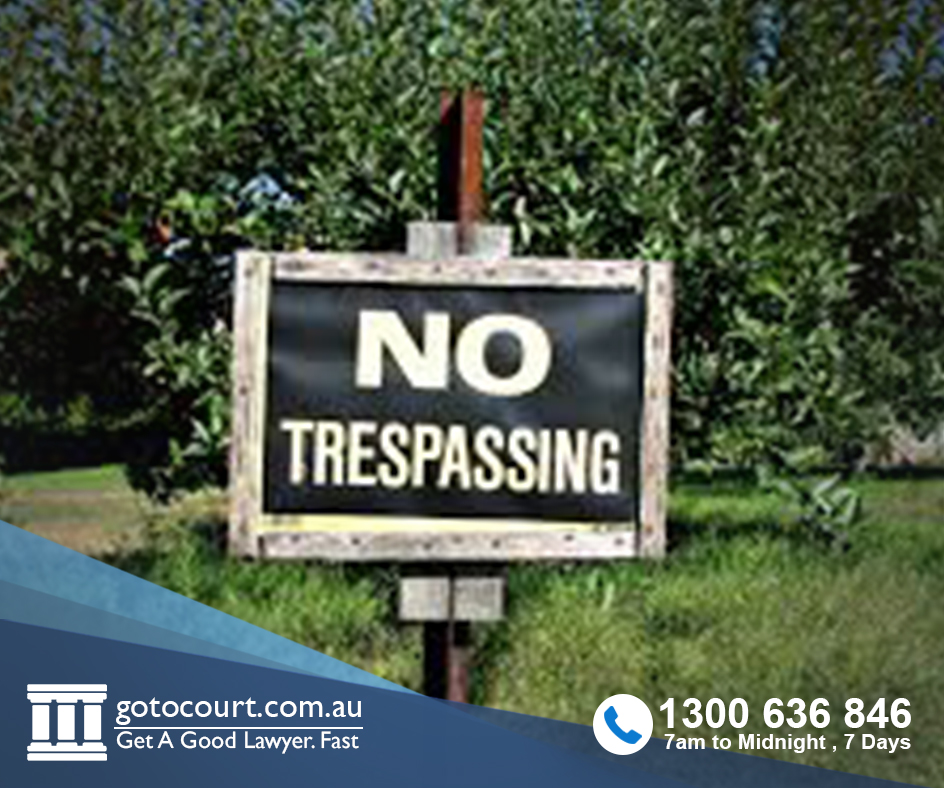Call our lawyers
now
or,
have our lawyers
call you
Trafficking Dangerous Drugs (Qld)
Updated on Nov 08, 2022 • 3 min read • 566 views • Copy Link
Trafficking Dangerous Drugs (Qld)
Under section 5 of the Drugs Misuse Act 1986, any person who carries on the business of unlawfully trafficking in a dangerous drug in Queensland is guilty of a crime. The maximum penalty for this is 25 years imprisonment for a schedule 1 drug, and 20 years imprisonment for a schedule 2 drug.
Schedule 1 drugs
Schedule 1 drugs are more dangerous drugs and possessing or trafficking them carries longer penalties.
Schedule 1 drugs include:
- Amphetamines
- Cocaine
- Heroine
- Lysergide (commonly known as LSD)
- Methylamphetamine
- Methylenedioxymethamphetamine (commonly known as MDMA or Ecstasy)
Schedule 2 drugs
Schedule 2 drugs are the less dangerous illicit drugs.
These include:
- Cannabis
- Codeine
- Methadone
- Morphine
- Opium
- Oxycodone.
What is trafficking?
Trafficking generally means selling a drug. However, in the case of R v Elhusseini [1988] 2 Qd R 42, it was held that trafficking also has a wider meaning of “knowingly engaging in the movement of drugs from source to the ultimate user”.
To establish that a person is guilty of trafficking, it was held in the case of Martin v Osborne (1936) 55 CLR 376 that
‘it is necessary to show a regularity of drug dealing sufficient to establish that it occurred in the course of a business which might be regarded as trafficking.’
The carrying on of a business is much more than a few isolated transactions. Proof that a person was carrying on a business requires the prosecution to prove several transactions were done for gain over more than a brief interval. The prosecution must also prove that there was some commerciality to the offending.
It must be noted that a person can still be charged with trafficking, even if they are not obtaining a financial benefit for themselves. For example, a person can be charged with trafficking to facilitate their own drug addiction.
Possible defences
Possible defence to trafficking charges include:
- that the drug found is not a dangerous drug listed in any schedule under the Drugs Misuse Act;
- that they honestly believed the drug was not a dangerous drug;
- That the person was acting under duress;
- That the person has a mental impairment that means that they did not understand the nature of their actions and were not capable of committing a criminal offence.
What is a dangerous drug?
Often people can get confused with what a dangerous drug is. It is important to note that some pharmaceutical drugs, without a prescription, can be categorised as a dangerous drug.
Types of pharmaceutical drugs that are classified as a dangerous drug include:
- Clonazepam;
- Diazepam; and
- Buprenorphine.
Sentencing
Trafficking is a serious criminal offence and one that is likely to incur a term of imprisonment.
Some mitigating factors that can be used to obtain a more lenient sentence include the person’s age, good character, lack of criminal history or like offences and reputation within the community.
In determining the sentence that should be imposed, the court takes into consideration any mitigating factors arising from the circumstances of the offender or of the offending. These may lessen the severity of the penalty imposed.
If you require legal advice or representation in a criminal law matter or in any other legal matter, please contact Go To Court Lawyers.


Affordable Lawyers
Our Go To Court Lawyers will assist you in all areas of law. We specialise in providing legal advice urgently – at the time when you need it most. If you need a lawyer right now, today, we can help you – no matter where you are in Australia.How It Works








1. You speak directly to a lawyer
When you call the Go To Court Legal Hotline, you will be connected directly to a lawyer, every time.


2. Get your legal situation assessed
We determine the best way forward in your legal matter, free of charge. If you want to go ahead and book a face-to-face appointment, we will connect you with a specialist in your local area.


3. We arrange everything as needed
If you want to go ahead and book a fact-to-face appointment, we will connect you with a specialist in your local area no matter where you are and even at very short notice.

